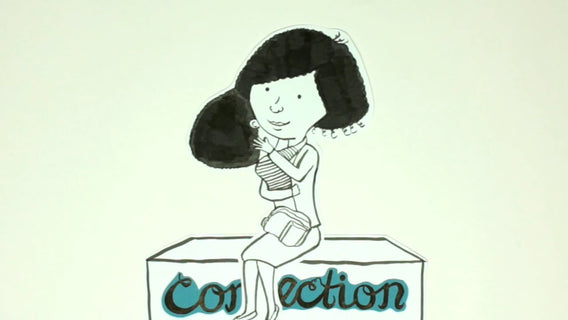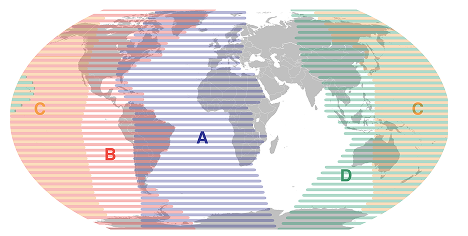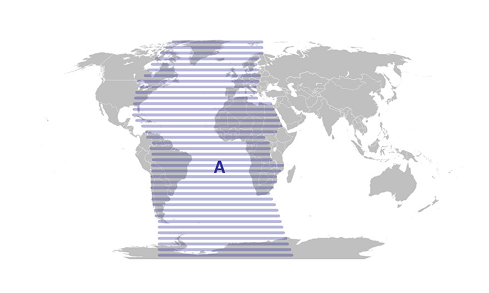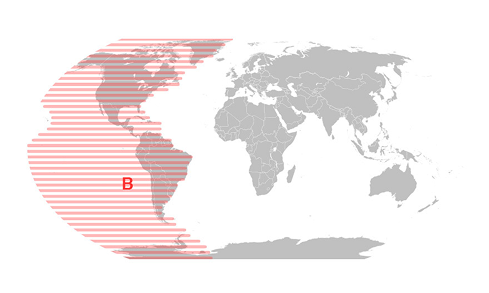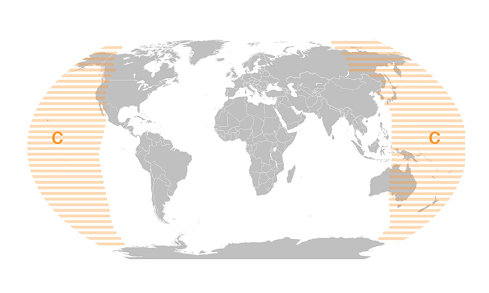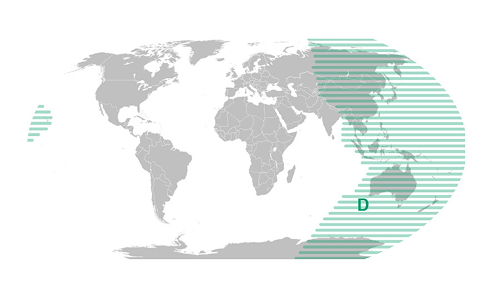
A Tool for Parents, Caregivers and Professionals
The Circle of Security Parenting™ Program (COSP) is a tool for professionals to help caregivers connect with their children. The 8-chapter manalized video series is a preventive intervention program delivered in group or individual formats, typically over 8-10 weekly sessions. The program is available in multiple languages and focuses on helping caregivers understand attachment theory through a "Circle of Security" framework.

With COSP, we’ve taken the complexity of attachment research and organized it into a simple set of concepts that help caregivers see relationships more clearly. Each week, caregivers learn new terms, highlighted in videos and with handouts and reinforced by trained Facilitators. By the end of the COSP program, participating caregivers have adopted new words and phrases that help them negotiate their relationships in a more secure fashion. You can learn some of these terms by watching the video overview of COSP.
Engagement: For Which Populations is COSP the Right Tool?
We’re constantly amazed at how our trained COSP Facilitators apply the COSP program tool. It is clear from both qualitative and quantitative research, that one key aspect of the COSP is that it can be used as an engagement tool for stressed caregivers. Caregivers are almost always interested in connecting with their children and, as a video-based reflection program, it’s clear that the COSP program functions as an engagement tool.
Of course, as with any tool, it’s important to determine whether COSP is the right tool for the job. It is one thing to engage caregivers with multiple life stressors with a tool that was designed as a preventive intervention; however, COSP was not designed to deliver lasting change to families at greatest risk for attachment disturbances. Well-trained and supported COSP Facilitators can engage these families using COSP but often find that adding further intervention–whether with the COS-Intensive model or other ongoing therapeutic interventions–is needed. Building a therapeutic alliance with families is an important first step. However, using COSP as the only parenting intervention with child welfare involved families before reunification is misguided.
What is a COSP Facilitator?
COSP Facilitators are professionals who have completed the COSP Facilitator training, in which they are trained to deliver the COSP program and help caregivers:
- Learn new concepts about attachment through videos, handouts, and group discussions.
- Adopt new language to better understand and navigate their relationships.
- Develop skills for building secure attachments with their children.

COSP Facilitators and Professional Development
Trained COSP Facilitators, of which there are more than 50,000 worldwide, come from many professional and paraprofessional disciplines. It’s no surprise that COSP Facilitators use the COSP Program tool in many ways. Beyond using COSP as an engagement tool, Facilitators are also to build skills in understanding attachment and reflection (sometimes also called ‘mentalization’) with caregivers from teachers to foster parents. In other words, the COSP program is also used as a professional development tool.
We are pleased, for example, that both paraprofessionals and professionals who are seeking Endorsement in Infant and Young Child Mental Health can use our COSP training as evidence of competency in a number of areas necessary for endorsement. You can find out more about this competency-based system overseen by the Alliance for the Advancement of Infant Mental Health and available in many US states and several other countries by visiting their website.
For more information, visit the specific crosswalk linking the COSP Facilitator Training with Endorsement for Culturally Sensitive, Relationship-Focused Practice Promoting Infant & Early Childhood Mental Health(R).
How to become a COSP Facilitator
In order to use COSP with caregivers, professionals must complete the COSP Facilitator Training. COSP trainings are held in more than 20 countries and the COSP program has been translated into many languages. To learn more and register visit our registration page:
(Register for COSP Online Facilitator Training)
At the end of the COSP Facilitator training, the Facilitator who has met the learning outcomes will be able to:
- Identify the fundamentals of attachment theory and key concepts of the Circle of Security approach.
- Identify the features of a safe learning environment for caregivers.
- Identify the ways in which a Facilitator can teach caregivers to use quality of relationship enhancement rather than behavior management.
- Identify steps the Facilitator can take to build self-reflection in caregivers.
- Explain how to facilitate the COSP model using video examples of parent-child relationships, the COSP Facilitator manual, and handouts.
Get Started
If you’re ready to sign up and be trained to facilitate the COSP program, we’re ready to have you join our family of facilitators around the world.


